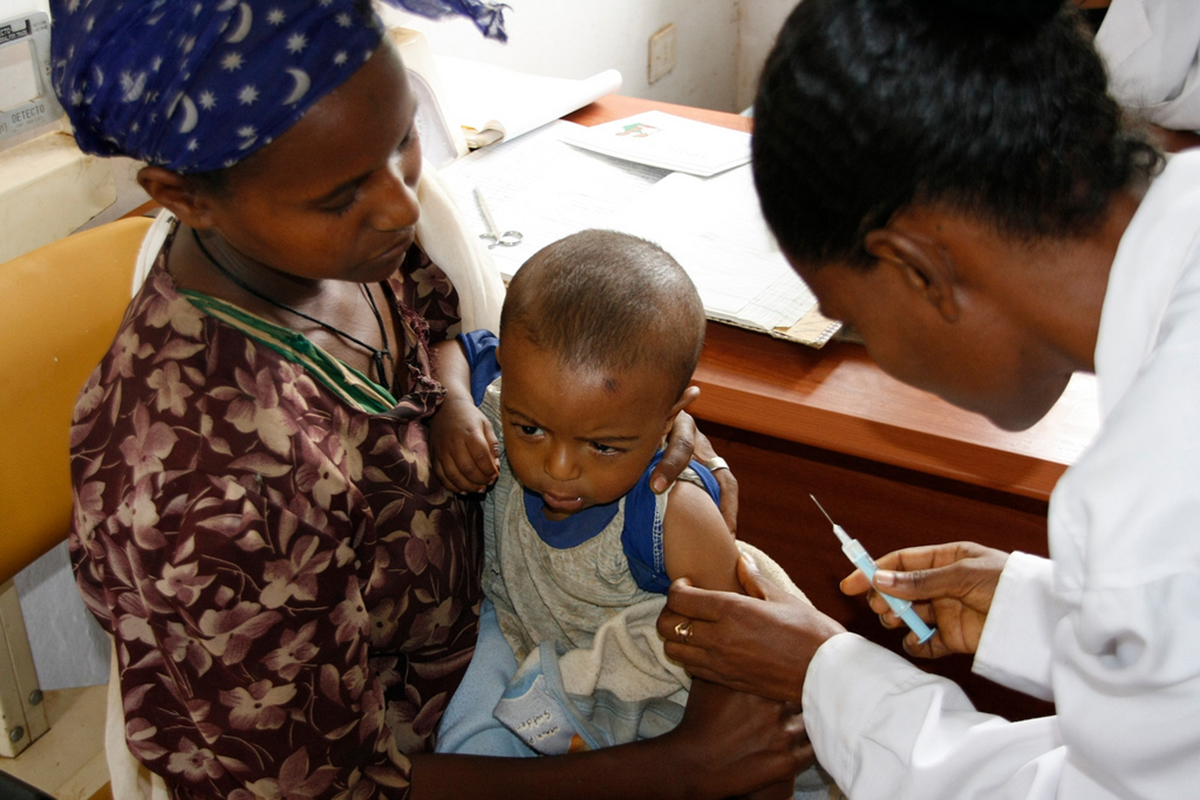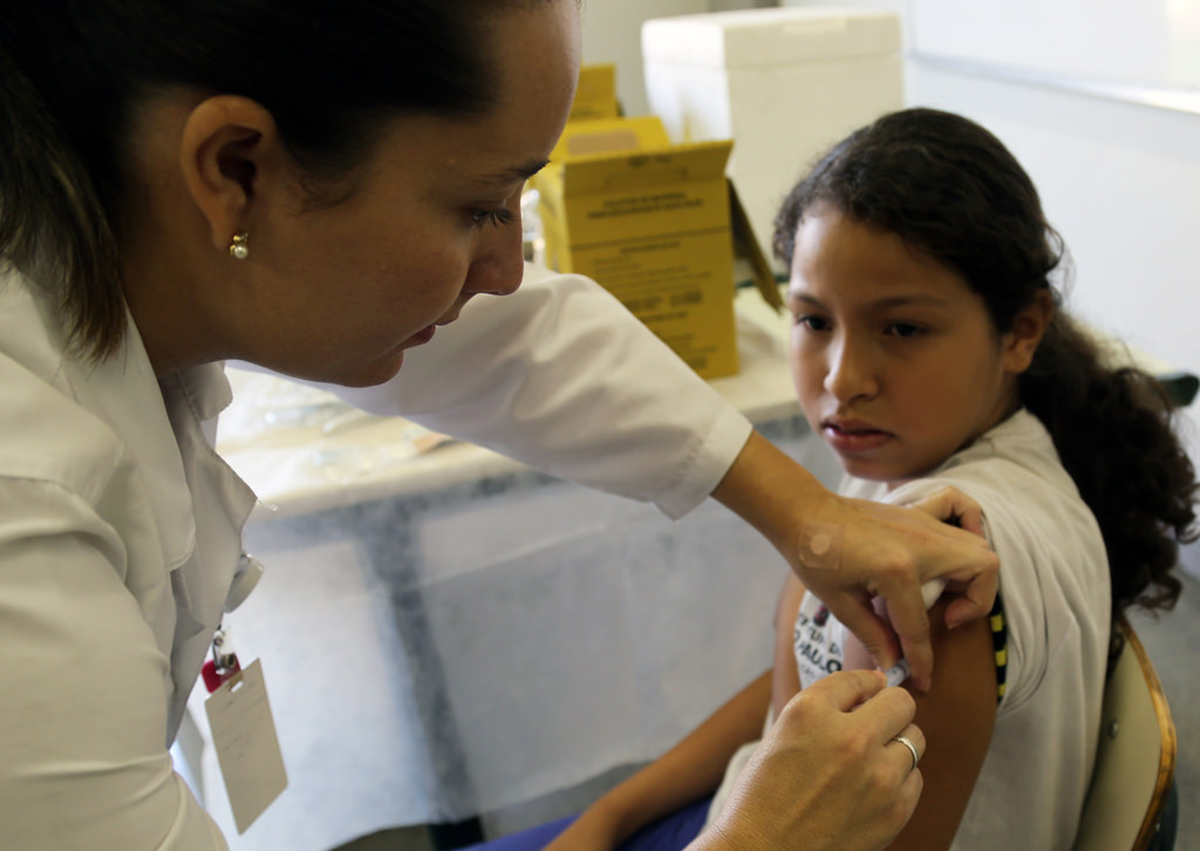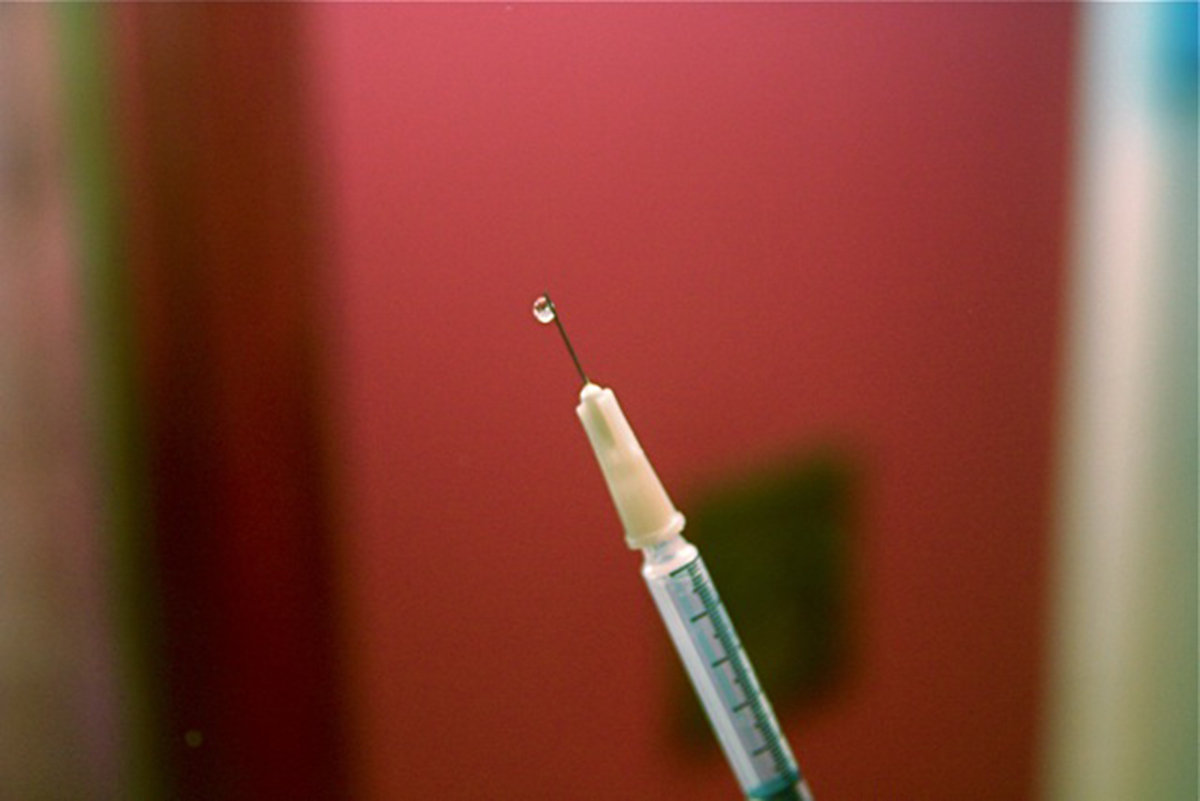Vaccination is a strange subject (to say the least). On the one hand, it's quite literally a medical miracle, a success story without parallel in medicine. On the other, however, it's a constant source of controversy, from the early days of its adoption right up until the present day.

Before we talk about all of that, though, let's get the basics of how vaccines work right.
How Does Vaccination Work?
Essentially, a vaccine is a sparring partner for your immune system.
When you get sick, your body is invaded by another organism that knows how to live inside you and extract food from you. Bacteria live in your tissues, eating your body and excreting poisons. Viruses live inside your cells, tricking them into producing more viruses instead of more healthy tissue. When that happens, your immune system springs into action.
Inflammation is part of your immune response, and so is fever — it's not always effective, but we can see how it evolved by looking at treatments for syphilis. Once, the most effective treatment for syphilis was malaria. The fevers brought on by malaria made the human body too hot for the syphilitic spirochetes to survive and the disease was cured. Probably, other microorganisms were once more susceptible to fevers and died at a lower temperature, but we're locked in an arms race between our immune systems and our pathogens and they've probably adapted to the process.
What happens next is more to do with our story. Immune cells hunt the pathogens, kill them and eat them. These are the five different types of white blood cells and a special type of cell called a macrophage, from the Greek "makros", large, and "phages", eating. These cells envelop foreign invaders and devour them, swallowing them whole and digesting them.
All of which is fascinating, but why don't our immune cells just eat everything they come across?
How Do They Know What To Kill?
They work to a plan, which is based on chemical markers. On the outside of a germ are proteins, and our immune systems learn the bugs by their outside proteins and attack them. Next time they come across a bug with the same proteins they don't need to learn whether it's dangerous or not. They know it is,and they kill it. That's immunity, and it's why you don't usually get measles, chicken-pox or similar diseases twice. Your immune system knows the bugs next time around and flattens them before they can make you sick.
Then Why Can You Get The Flu Every Year?
The problem here is that the flu is a turncoat. In the arms race between our bodies and our bugs, the flu has worked out that it can change its exterior proteins and our immune systems won't recognize it. You have to learn all over again that it's the flu before your immune system can kill it.
Wouldn't it be great, though, if you could teach your immune system what bugs were dangerous without having to get sick?
That's exactly what vaccination does. In a vaccine, you have "inactive" germs. They're obviously not supposed to be there and your immune system catches on, kills them and files their protein "mugshot" away in the "wanted" file, so if it meets one again, it knows to kill it. But the bugs are dead or disabled so they can't make you sick.
See Also: Why Would Parents Reject Vaccines?
Great Theory. Does It Work?
Put it this way: do you know anyone who's had smallpox?
I can answer that one for you. No-one does. The disease, which used to kill tens of thousands of people annually and permanently scar or disable hundreds of thousands, is completely wiped out by vaccination. Tuberculosis is still with us, but vaccination is a big reason it's not the killer it used to be. Even with modern antibiotics, TB is hard to cure and some strains are immune to all drugs. Why don't you know anyone disabled by tuberculosis of the bones, or who's had a lung removed because of TB damage? Vaccination. Polio is wiped out from the rich West — look back just seventy years and you can see a President of the United States carrying a chronic health problem thanks to polio, but it's gone now. Most people never think about it, but as recently as the 1950s it was a constant, terrifying concern for American parents. Again, that's vaccination.
The Risks Of Vaccination
There's always been concern that vaccination would cause rather than cure health problems. The first effective vaccine was cowpox, a mild disease in cows that immunised you against smallpox. If you got cowpox you couldn't catch smallpox and it was a much less dangerous disease, so an English doctor named Edward Jenner began infecting everyone he could get his hands on with cowpox. When word got out, the papers of the time were full of cartoons showing Jenner turning people into cows!

Fast forward to the modern world and similar concerns are still with us. In Taliban-held areas of Afghanistan and other countries, the Red Cross and the US are carrying out vaccination programs to lift the burden of infectious disease. The Taliban threaten to kill people who let their kids be vaccinated, warning that the vaccines contain poisons or that they are "un-Islamic". They also claim that the US and other groups are using vaccination programs as a cover for spying on the Taliban. Polio is endemic in only three countries in the world now, Pakistan, Afghanistan and Nigeria, but in Pakistan and Afghanistan vaccines are now the subject of a "fatwa", a religious interdiction.
So far, so expected — turns out the Taliban are unreasonable, who knew?
The two biggest arguments that get raised against vaccination are that vaccines contain poisonous chemicals and that they cause diseases, primarily autism.
Let's take them one by one.
Do Vaccines Contain Poisonous Chemicals?
Yes they do.
Vaccines contain mercury (as Thimerosal, a mercury salt), aluminium salts, residual cell culture materials from when the dead or disabled bugs were grown in the lab, formaldehyde and similar chemicals, and leftover antibiotics from the production process. Personally, if I was offered the chance to put something containing mercury, arsenic, antibiotics, formaldehyde and cell culture tissue into my mouth, I'd say no.
Wouldn't you?
See Also: Are Western Parents Bringing Back Scary Diseases By Rejecting Vaccines?
If you really feel that way, you need to stop eating meat, fish, eggs, dairy, vegetables and fruit, and stop drinking wine, beer, cola, fruit juice and drinking water, and even that won't solve the problem. Because when it comes to chemicals like formaldehyde, you actually make more formaldehyde inside your own body as side products of metabolic processes than you'd ever be exposed to in all the vaccinations you'd ever take. And mercury, which is in some fish at levels high enough to make the FDA concerned, is present in only one vaccine, the multi-dose flu vaccine, and there in literally trace amounts — amounts so small that it's not possible to say just how small they are. In some case they may not be there at all. If your mother ate sea fish, like tuna, she gave you more mercury that way than you'll ever get from a vaccination.
So you're not risking formaldehyde poisoning when you get your shots.
What About Autism?
It's a mistake, most of the time — most of the people who say it are probably sincere, they're just wrong. But it began as a greedy lie.

Big accusation. Let's look at it.
Autism and vaccines goes back to a British doctor named Andrew Wakefield. Mr Wakefield was a surgeon and medical researcher who wrote a paper, published in the reputable Lancet journal in 1998, that showed a possible link between autism and bowel diseases like Crohns, and one specific vaccine: the British MMR (Measles,Mumps and Rubella) vaccine. It was a small study, the effect was slight and it implicated only one, specific vaccine. Even if it had been true, there would be an argument to make about whether the risks were worth it. After all, chemotherapy for cancer has some horrifying effects, surgery is scary, painful and dangerous, and lots of useful drugs, from painkillers to antibiotics, have side-effects. Maybe, compared with measles — which can kill, deafen, blind, cause neurological disorders and more — the risk would have been worth it, though it would be an uncomfortable choice for a parent to make.
Fortunately no parent will ever have to make it. Other researchers were unable to replicate Mr Wakefield's findings. The reason? He made them up. Why would a doctor lie about something that important, putting the health of so many kids at risk? A 2004 investigation by journalist Brian Deer found that Mr Wakefield had "undisclosed financial conflicts of interest". In other words, he did it for the money. In 2010, the General Medical Council of Britain struck Mr Wakefield off their list of doctors permanently, for "four counts of dishonesty and 12 counts involving the abuse of developmentally challenged children".
That is the case for vaccines causing autism.
Flu Vaccines
Let's move on to our last point: by now, we all know that this year's flu shot isn't working very well.
So I probably shouldn't bother getting it, right?
No. For two reasons.
First, there's usually a couple of different strains of flu going around at once. If the flu vaccine doesn't stop the one that's making everyone sick, that doesn't mean it's ineffective against the strain that isn't making everyone sick — because no-one has it, thanks to the flu vaccine. You're protecting yourself against a threat in the same way that you're curing yourself of chronic obstructive pulmonary disease by not smoking. You're doing the right thing, and that's why there isn't a problem.
The other reason is more complex and has to do with herd immunity and disease reservoirs.
Herd immunity works like this: if I have the flu and give it to you, each of us can then give it to dozens more people. It's being communicated, just like a rumour. But if I'm immune, and you give me the flu I can still carry it around on my skin and give it to someone else. If you and I and everyone we know are all immune, we won't just not get the flu: chances are, we'll never be exposed to it, because there's no-one to pass it on to us. A couple of people get infected, their immune systems kill the virus and we're done: it happens all the time and we never know.
Reservoirs are places where diseases live, breed and change. Many of our drug-resistant TB strains come from the great disease reservoir of the Russian (and American!) prison systems. Flu tends to come out of Asia, where pigs, chickens and people, all of which can infect each other with flu, live close to each other.
See Also: Why Parents Should Still Say Yes To Childhood Vaccines
Once we lose herd immunity, we'll be a reservoir. That makes it more likely that a new strain of flu that's even more virulent will develop over here.
If you think I've really nailed it, or there's something in this article you want to pick me up on, please get in touch with me in the comments section below!
- Photo courtesy of DFID - UK Department for International Development via Flickr: www.flickr.com/photos/dfid/5815109843
- Photo courtesy of PAHO/WHO via Flickr: www.flickr.com/photos/pahowho/13383711693
- Photo courtesy of Stevendepolo via Flickr: www.flickr.com/photos/stevendepolo/3020361085


Your thoughts on this